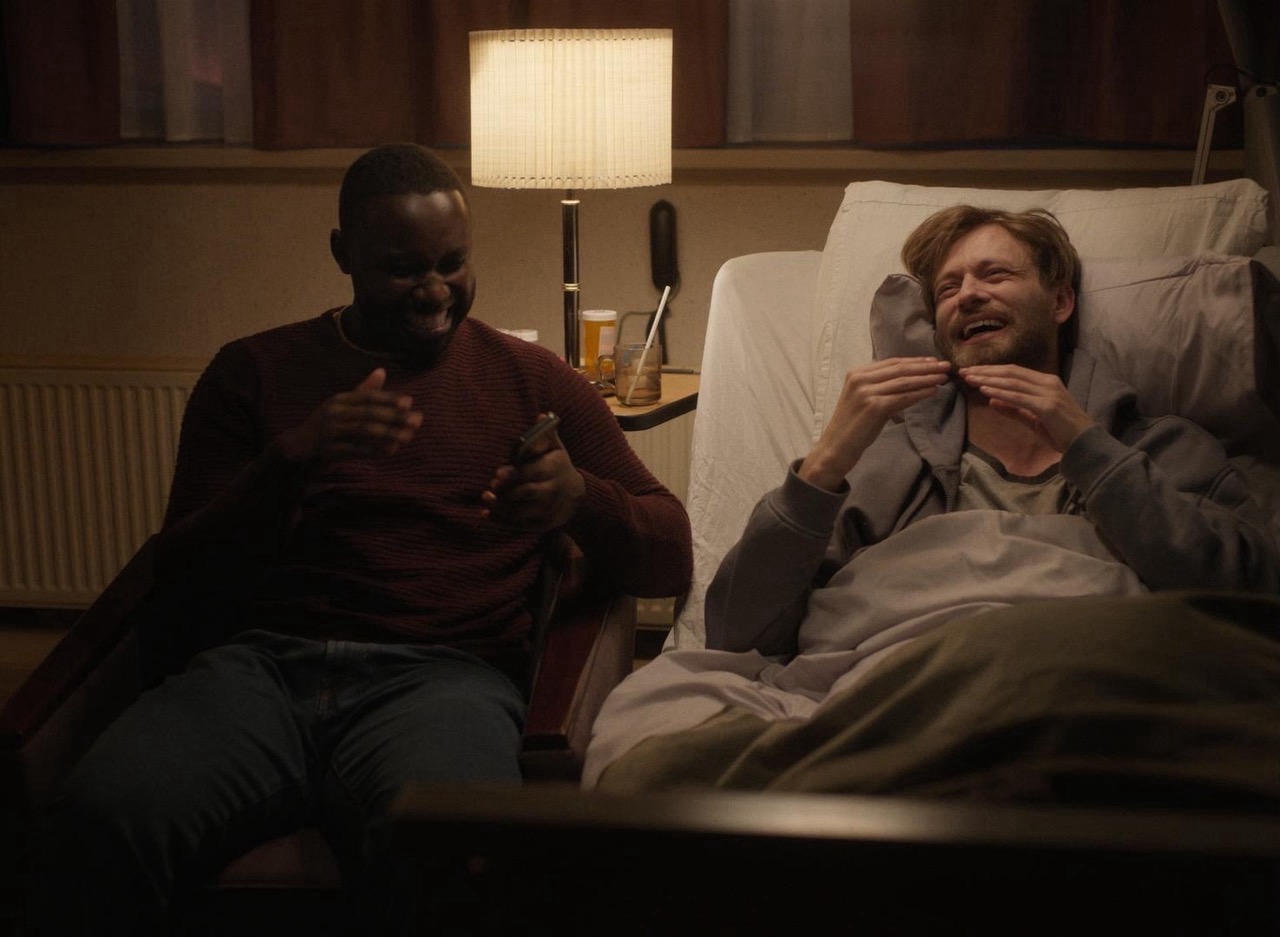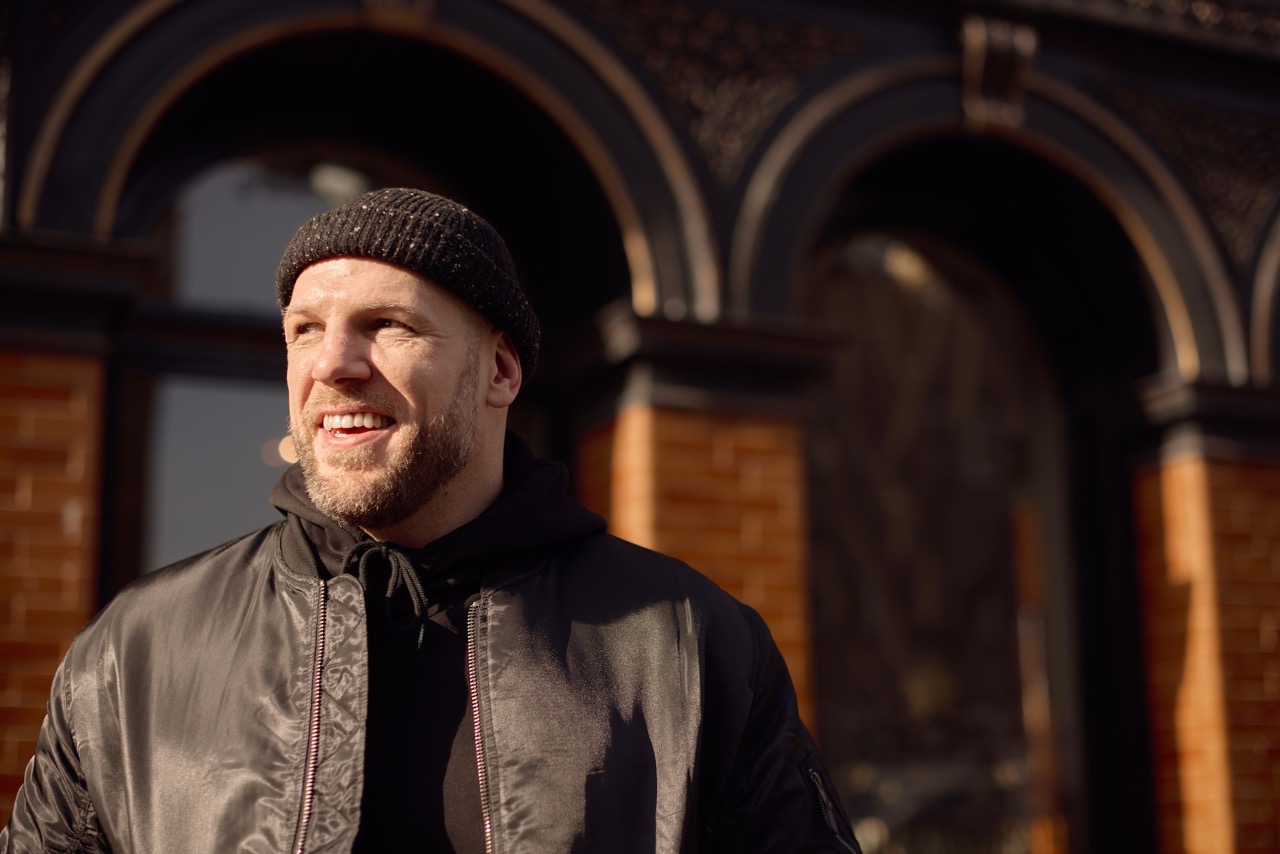London’s electronic pulse just got louder. With his debut release on Insomniac’s offshoot label IN / ROTATION, HASKELL drops a two-track bomb that’s equal parts muscle and message. We sat down with the rising producer to talk about ‘The Power of Speech’, tech house minimalism, and what it means to move a global crowd without ever saying a word.
What inspired the concept behind your new two-track release ‘The Power of Speech’?
I had some strong references in mind from the start. I’ve always loved hypnotic synths—sounds that pull you in and hold you there. I wanted to pair that energy with a vocal that really hit hard, something DJs could build into a proper hands-in-the-air moment.
I found this acapella a while ago and always knew I wanted to do something positive with it. The message is so strong—about the power of what we say, how we use our voice. That really resonated with me and shaped the direction of the track.
“Work” feels like a pure club energy bomb. What was the creative process like building that track from the ground up?
That track was a great collaboration with Mark Maitland, who’s a top producer. We’d been talking about working together for a while, and it came together around Star Academy in Ibiza. I’d already done some sessions over there with Tom Starr, and working with Mark just clicked.
He sent me the core idea, and from there we bounced it back and forth a lot. Realness—who’s an amazing vocalist—came in and really brought it to life. But the real production started once we thought the track was “done.” That’s when you dig into the details—ear candy, FX, build-ups, little changes that make it feel alive.
Your tracks balance minimalism with maximum impact. How do you decide when a track is done—when it’s “enough”?
Honestly, that’s one of the hardest parts. I rely on instinct, but also on playing the track out, hearing it in different settings, and getting honest feedback—even when it’s not what you want to hear.
Strong references help. Once the structure’s there, that’s when the work really begins. You go back in and fine-tune those touches that elevate the track—transitions, effects, subtle details. That’s what gives it weight and identity.
Tech-house can sometimes be formulaic, yet your sound feels fresh and sharp. How do you keep innovating within the genre?
For me, it’s about knowing exactly who you are as a producer. I came up on Garage, and that’s always in the background, even when I’m making tech-house. I want every section of a track to grab the listener—not just the peaks.
I think it’s easy to fall into formula, but I’m focused on refining my sound and staying true to it. That means not chasing labels or trying to write to spec. Finish a track that feels right to you, and if it finds the right home—great. But don’t bend it just to tick boxes.
With releases across Toolroom, LoveJuice, and now IN / ROTATION—how do you choose the right label for each track?
Some labels have a clear identity. You know when you’re listening to a Toolroom track. Others are more flexible, but it often depends on what they’re looking for at that moment. So I don’t try to write for a label—I focus on making something I’m confident in, then think about where it might land. It’s more instinct than strategy.
You’ve collaborated with house music legends like Mark Knight and Gene Farris. What have those sessions taught you about pushing your sound further? Any favourite memories from the studio you can share?
Working with people like Mark and Gene always pushes you to raise your game. They know how to bring an idea to life quickly, but with detail. I’ve learned a lot about workflow, about what matters and what doesn’t in a mix. Some of my favourite moments have been those unexpected shifts in a session—where someone tries something that shouldn’t work, but it just does. That’s when the magic happens.
You’ve played everywhere from Ibiza to Dubai. How does London’s energy compare when it comes to the dancefloor? Any local venues or parties that still give you that thrill?
London’s still got it. There’s a rawness and edge to the scene that’s hard to replicate anywhere else. Shoreditch in particular has become really exciting again—Toolroom just moved their studios there, and you can feel the momentum. There’s a constant hunger to learn, evolve, and level up.
For young DJs and producers in Shoreditch trying to break into the scene—what’s one piece of advice you’d give them?
Be consistent. Focus on the genre you love and aim to be the best at it. Don’t get distracted by trends. Work with different people, absorb what you can, and keep learning. I’ve done five production courses now, and I still see every session as a chance to grow. Upskill constantly—and don’t be afraid to take feedback on the chin.







